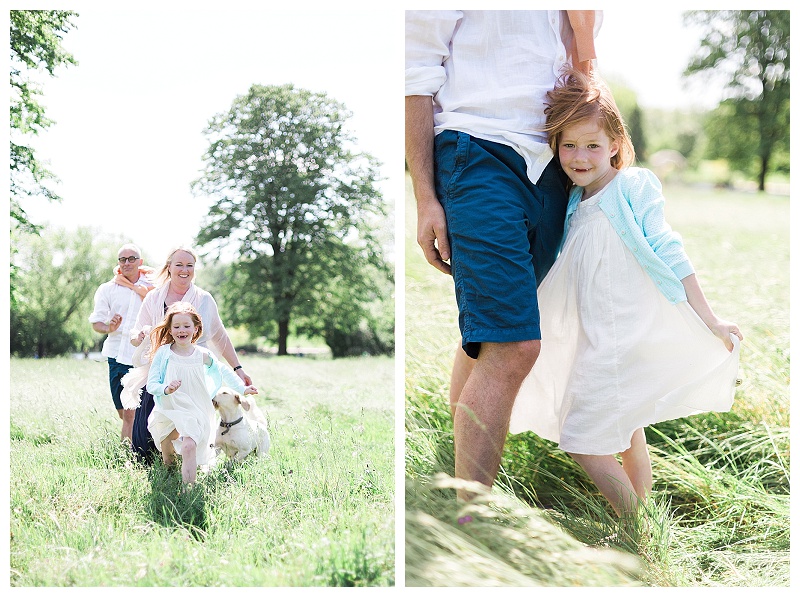There are a million reasons why couples would want to improve their relationship, just for themselves. Less discussed are all the reasons why improving your relationship also benefits others! Here at Two2Tango we believe marriage is the most important building block for a happy society (but we’ll leave that for another article 😉 ). Today we’re focusing on a relationship’s importance in a family, for the children of that family. Put simply, improving your relationship is one of the best gifts you can give to your kids.

A Healthy Marriage is the Best Gift you Can give to your Child
We spend so much time, energy, and resources fussing over our children’s lives. We carefully consider everything from the schools they attend to the birthday parties we organize, and everything in between. However, none of these things have as much influence as the single most important factor for their future happiness–their parents’ relationship. Research shows that the quality of a child’s parent’s marriage is AS important as the child’s relationship with their parents, for the child’s mental and physical well being. Better marriages result in with fewer behavioural problems and a host of other positive outcomes in a child’s life. So why is this? Why aren’t we paying attention? And what can we do improve our own marriage for the sake of our kids?

Emotions are Contagious
The first way our relationship affects our children is through the emotions our children absorb from us. It almost goes without saying that happy marriages make happy parents. And not surprisingly, happy parents make happy kids. Joy is contagious! It’s easier to flow with the ups and downs of life when people feel relaxed and content. Parenting isn’t always easy, but challenges are easier to overcome when you start from a good place, with the security and satisfaction of a strong relationship. It’s easier to be more available and responsive to your children when you feel connected, supported, and in love with your partner. Positive feelings to spill over from your marital relationship to your relationship with your child.
Similarly, when people are frustrated with marriage, negative feelings inadvertently infiltrate other aspects of their lives. Children are very sensitive to the emotions of their caretakers and soak up whatever attitudes they encounter. By nurturing your own needs in your relationship, you will be better equipped to nurture your children.
Modelling Good Relationship Skills
The second way our relationships affects our children is that it teaches them invaluable relationship skills. The interactions we have with our partners are vital for modelling the way two partners behave together. We can lecture our children indefinitely, but what will influence them the most is what they see and how we interact. Children learn how to resolve conflict, practice forgiveness, compromise, share responsibilities, and be affectionate towards others by watching their parents. With unhealthy and unhappy relationships, our children learn unhealthy relationship habits. This in turn sets them up for their own problems in their future life.

Improving your relationship, and creating a new path for your children
No one said having a great relationship comes easily. Sadly, relationship skills aren’t taught in schools and statistically speaking, it’s likely if you are reading this article probably didn’t have the best example of parents in a happy marriage yourself. The difference is that with this awareness, you can stop negative cycles that pass down from generation to generation. You can choose to create a new path for your children, and a healthier and happier relationship of your own.
If you aren’t really sure where to start, don’t worry. Reading this article is already an indication you are considering a different path. Give yourself some credit for that. Two2Tango is designed to help you achieve a healthier relationships by breaking negative cycles and helping partners build a stronger connections. If you need more help we recommend a number of books. If you find you need even more help we think it’s worth seeking professional help. Your children, and their children one day, will thank you for it later!

